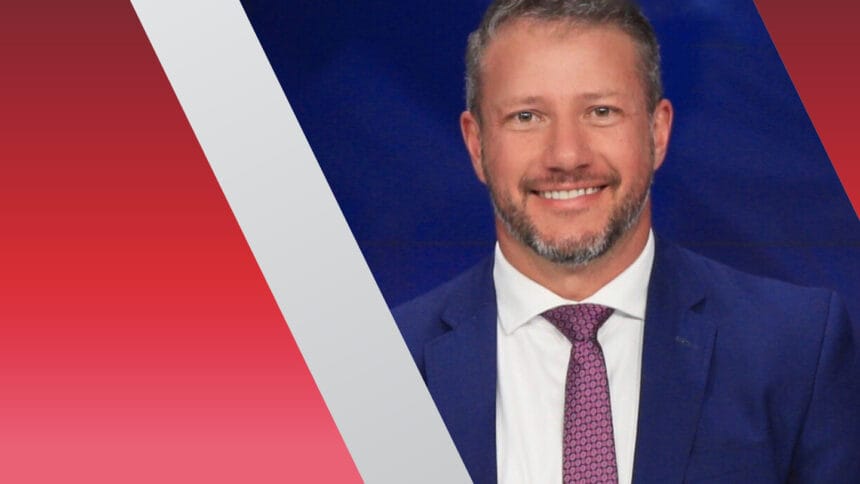
Ensign Group expects to announce new acquisitions within days, following another record quarter in which it picked up 10 new operations including more than 1,300 skilled nursing beds.
The company also announced Thursday that it would be increasing its revenue guidance for the year from a range of $4.13 billion to $4.17 billion to a range of $4.2 billion to $4.22 billion. Leaders also expect to see earnings jump from a range of $5.29 to $5.49 per share to $5.38 to $5.50 per share, a 14% increase over 2023 returns.
“We’re in awe of our local leaders and how they continue to consistently drive outstanding clinical and financial performance as they work together with their cluster partners to practice proven operational principles,” CEO Barry Port said during a second-quarter earnings call held Friday.
Same-store occupancy hit 80.8% last quarter, up 2.8% over the same quarter last year. Port spoke several times on the call of the ability to grow that occupancy not just in the post-COVID rebound, but over a period of 25 years during which the company has targeted underperforming assets for pick-up at “very attractive prices.”
That has resulted in “an enormous long-term ramp in value creation,” Port said.
He and Chief Investment Officer Chad A. Keetch used the call with investors to praise local groups’ success in onboarding the 15 operations acquired so far this year. They also foreshadowed coming deals that they said would leave room for even more growth during 2024.
Currently, 27% of Ensign’s beds are labeled either transitioning or recently acquired, meaning the company has held them for less than one year.
That share could grow as soon as the week of July 29, Keetch teased, as Ensign typically closes deals at the start of the month. He said Ensign was well positioned to take advantage of the push by sellers to finalize deals in quarters three and four for tax purposes.
“We anticipate there will be some more announcements coming up here, literally [this] week,” he said. “In terms of the deals, they’re really all over the board. They come from the small moms and pops and there are some regional portfolios, too, that we’re well down the road in preparing to close on as well.”
How they build
Last quarter, Ensign grew in seven of the 14 states where it operates, and that distribution should continue into the rest of 2024. Keetch also gave some insights to Ensign’s cluster model, explaining that three to four facilities in a market is ideal for sharing access and insights between local leaders. After that, the company starts considering whether it can support a second group, or cluster, of buildings in the same geographic area.
In Tennessee, for example, Keetch said the company’s holdings could come to mirror that of Bandera Healthcare, its Arizona-based subsidiary, which is also looking to grow with its already “deep and long-standing” relationship with the state’s largest hospital systems.
The company first entered Tennessee in January of this year, and new announcements for in-state deals are among those expected later this year.
“We are also excited to build clusters in new states, or in markets where we have significant room to add more density and expect additional growth in some of our newer markets in the next several months,” Keetch said.
Staffing worries ease
Port expressed renewed confidence that the staffing mandate would be addressed through legislative or other avenues before Ensign experiences any significant impacts, a belief he said was added by the Supreme Court’s Chevron decision last month.
But the company has also continued to make strides on the staffing side, reducing agency use for the sixth straight quarter. Keetch said its overall reliance remains somewhat elevated since the pandemic, but turnaround properties often come with a high agency rate that affects the company-wide average.
Wage inflation — easing from some double-digit annual increases back to low-to-mid single digit figures — and turnover have also been trending downward for Ensign.
“Our focus on customers second continues to ensure that our caregivers and their teams are recognized for their amazing daily achievements, which has now resulted in lower turnover for the 11th quarter in a row,” Port said.




